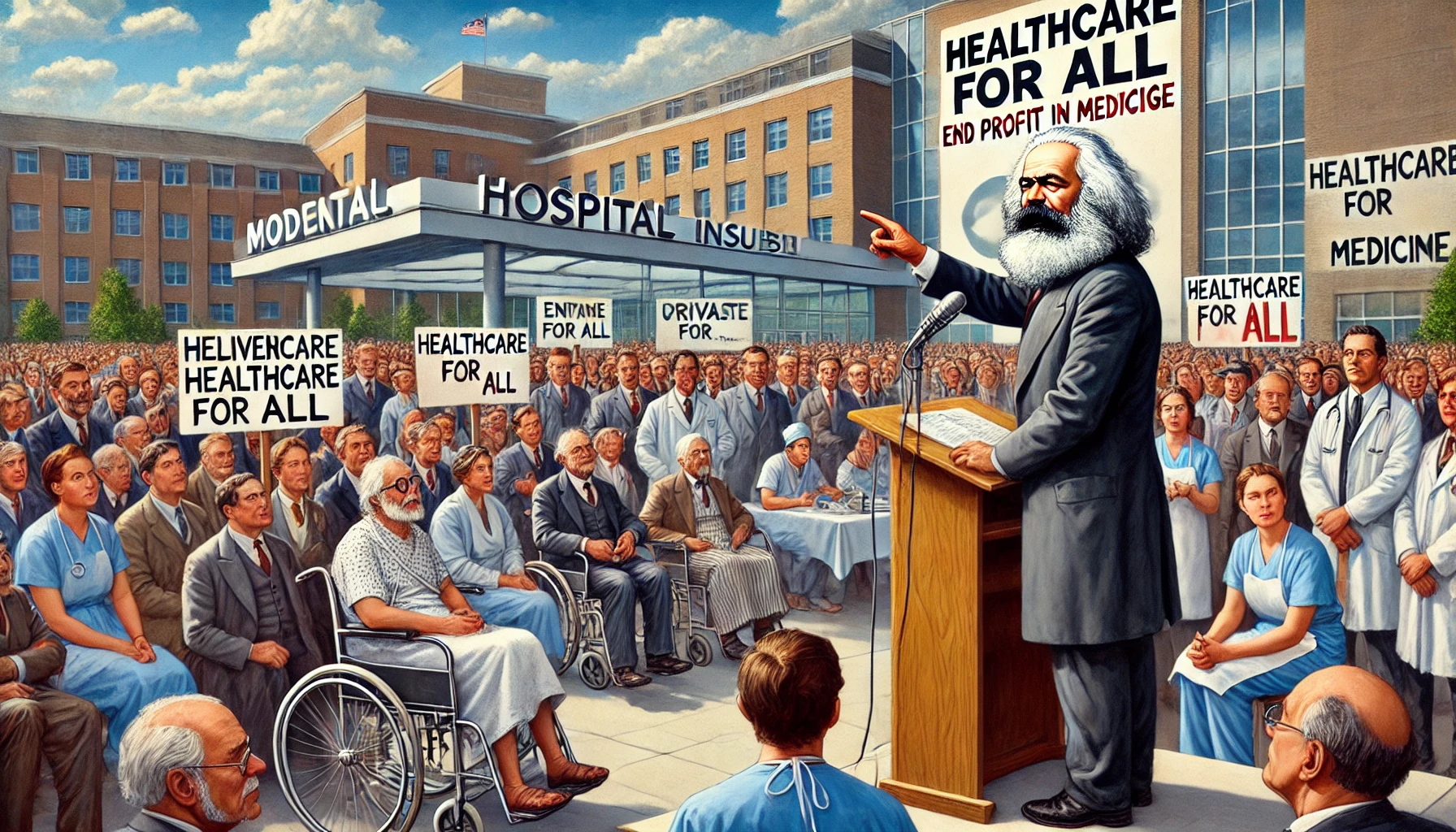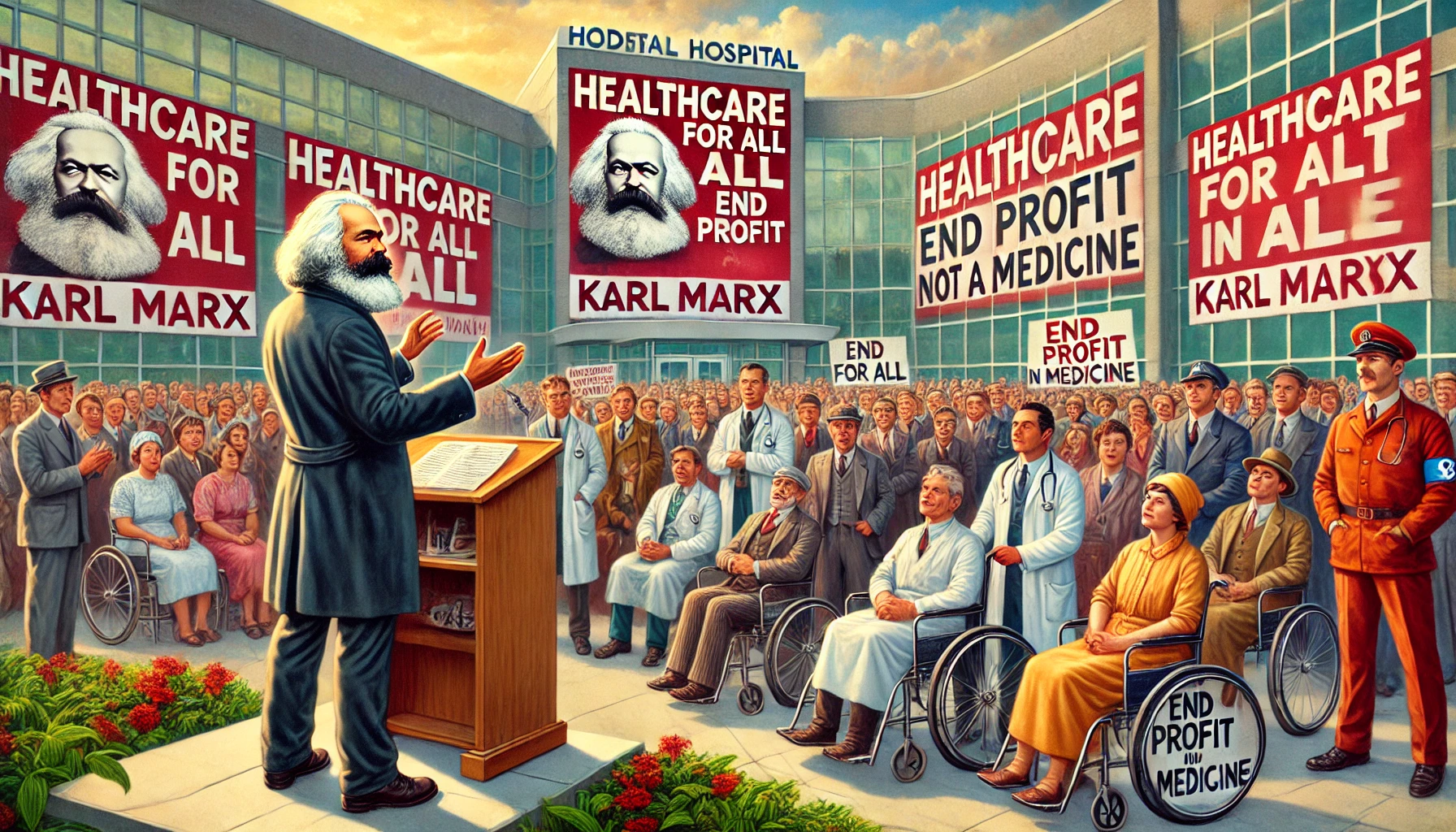Hegemony and Health: Gramsci’s Argument for Universal Care as a Cultural Shift
Antonio Gramsci’s concept of cultural hegemony offers a unique lens through which to view socialized medicine. Gramsci argued that societal change requires not just political reform but a transformation in cultural values. Universal healthcare, in this framework, represents a shift from individualism to collectivism, challenging the hegemonic ideals of capitalism.
Gramsci would see the privatization of healthcare as a tool of capitalist hegemony, reinforcing the idea that health is a commodity rather than a right. A single-payer system, by contrast, challenges this narrative, asserting that collective well-being is a shared responsibility.
For Gramsci, achieving universal care requires more than legislation. It demands a cultural revolution that redefines health as a public good. This involves dismantling the narratives that prioritize profit over people, educating citizens about the benefits of socialized medicine, and building solidarity across class lines.
Socialized medicine, in Gramsci’s view, is not just about providing healthcare—it’s about reshaping society. By prioritizing collective health, a single-payer system becomes a vehicle for broader cultural and political change.
Originally posted 2024-10-06 05:57:57.



